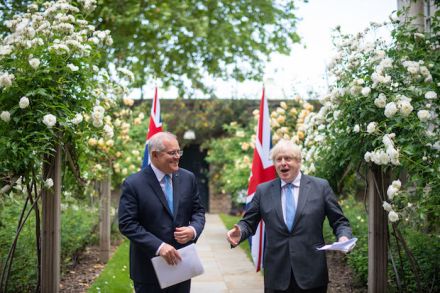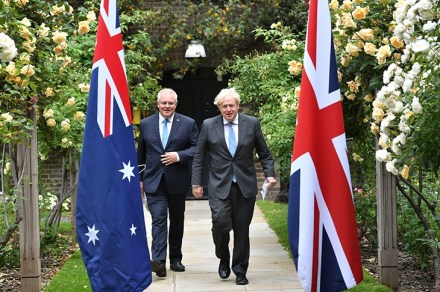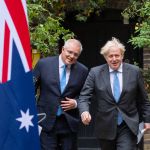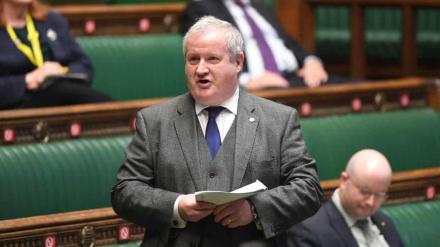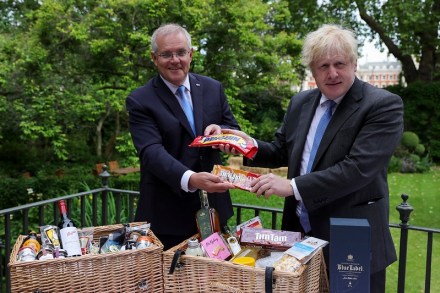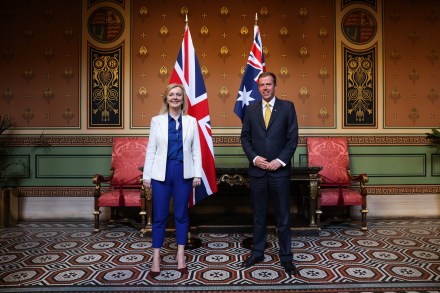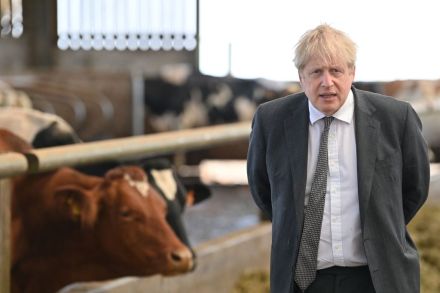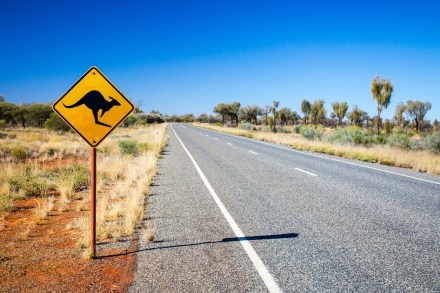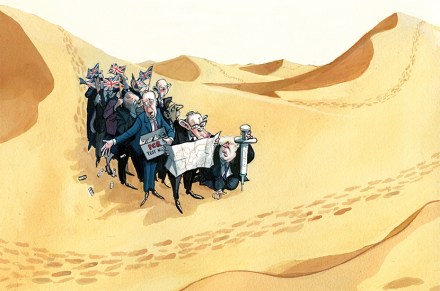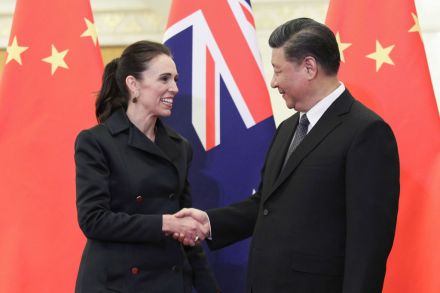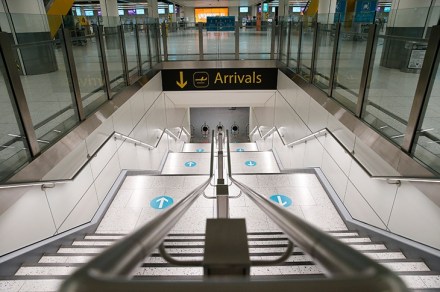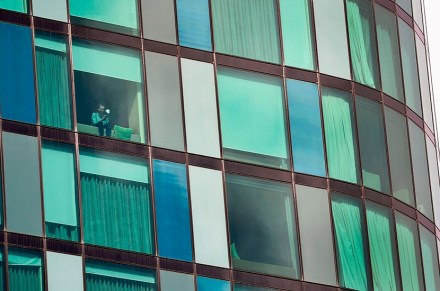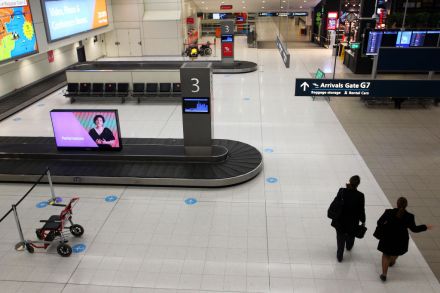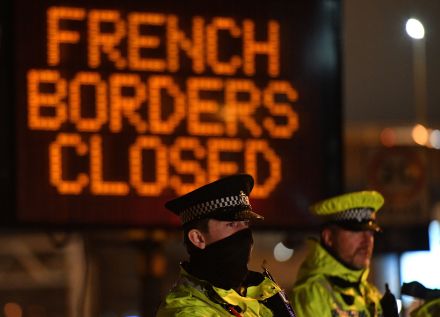Revealed: How the UK-Australia deal was struck
The basis of the UK’s first bespoke trade deal since leaving the EU was finalised with Australia over two dinners. One took place in the garden of the residence of the Australian High Commissioner to the UK, where guests were fed Australian lamb. The other in Downing Street where Welsh lamb was on the menu. They were menu choices that pointed both to what the deal would achieve – zero tariffs, including on agricultural goods – and the main point of contention in a negotiation that has spanned nearly a year since talks began last June. In that time, there has been a Cabinet row over protectionism on Australian meat imports and
